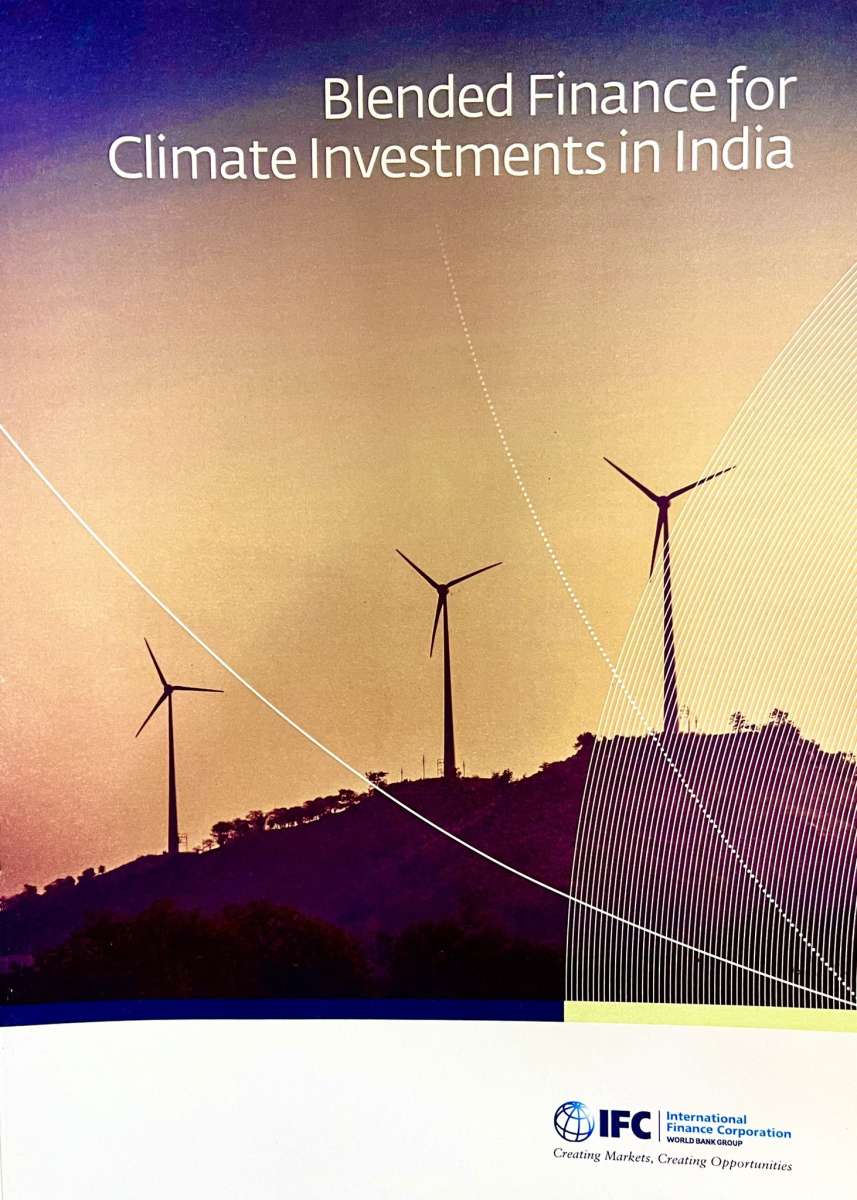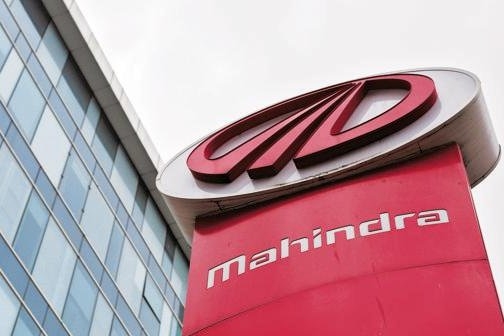The report said that the RBI included the small renewable energy sector under its priority sector lending scheme in 2015 itself…reports Asian Lite News
India has significantly developed its climate actions, enabling it towards a path, which will help achieve its Nationally Determined Contributions (NDCs) well before 2030, a report by International Finance Corporation (IFC) has said.
The report titled “Blended Finance for Climate Investments in India”, which was released on Tuesday, noted that India is the only G20 nation which is in line with 2 degrees warming compared to its fair share contribution to climate action.
NDCs are at the heart of the Paris Agreement and the achievement of its long-term goals. They embody efforts by each country to reduce their national emissions and adapt to the impacts of climate change.
The report said that the RBI included the small renewable energy sector under its priority sector lending scheme in 2015 itself.
“Since the first issuance of green bonds that year, India has developed the second largest green bonds market among emerging economies with cumulative issuances worth more than $10 billion by private companies and public sector entities,” it noted.
The IFC report also said that at the end of April 2021, India had taken its commitments to green finance one step further when the RBI became the member of Network of Central Banks and Supervisors for Greening the Financial System (NGFS).
This, it said, will go a long way in strengthening the financial sector’s response to climate change and developing a much stronger and more coherent, coordinated and credible policy framework to support green investment.
At the Paris “One Planet Summit” in December 2017, eight central banks and supervisors had established the Network of Central Banks and Supervisors for Greening the Financial System (NGFS).
The network’s purpose is to help strengthening the global response required to meet the goals of the Paris agreement and to enhance the role of the financial system to manage risks and to mobilise capital for green and low-carbon investments in the broader context of environmentally sustainable development.
Meanwhile, talking about the most recent measures, the IFC report stated that the Indian government had proposed to issue sovereign green bonds in 2022-23 for mobilising finance for green infrastructure projects.
As on February 2023, 50 per cent of the total target of about $2 billion of green financing has been raised in the first tranche, it stated.
The report also highlighted the Panchamrit commitments announced by Prime Minister Narendra Modi to meet India’s COP26 ambitions.
It pointed out that as of February 2023, renewable energy sources contributed to 41 per cent of India’s total installed capacity and the country stands fourth globally in terms of total renewable energy installed capacity.
India is committed to meet 50 per cent of its energy requirements from renewable energy by 2030, the IFC report said.


